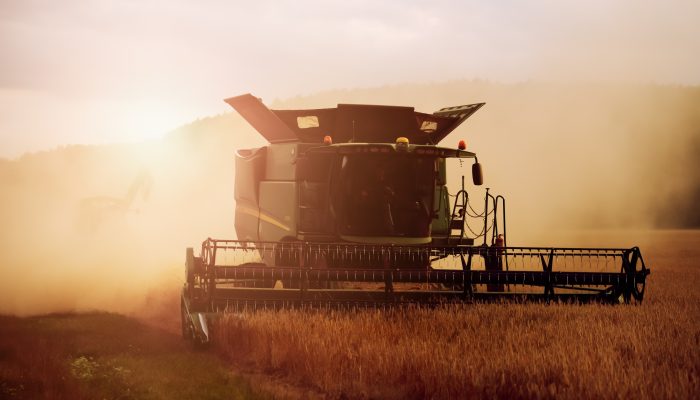A new South Dakota law makes it harder to file a nuisance complaint or lawsuit against an agricultural operation and limits the amount of money that can be awarded.
Gov. Kristi Noem signed the bill Wednesday at a farm implement dealership in Mitchell, after legislators approved it earlier this winter. The law will go into effect July 1.
Noem said it’s about protecting farmers from frivolous lawsuits.
“I think we all know agriculture is the number one industry in our state,” Noem said.
The new law addresses complaints or lawsuits against operations such as farms, ranches or factory farms, for nuisances such as odors or pollution.
Provisions in the new law say only the owner or lessee of an affected property can file a nuisance action, and only if the affected property is within one mile of the agricultural operation.
Those provisions are intended to prevent an environmental group such as the Sierra Club from suing an agricultural operation.
That’s welcome news for Travis Mockler, a southeast South Dakota farmer who attended the bill signing ceremony. The Sierra Club sued Mockler and the Clay County Board of Adjustment in an attempt to stop a permit to expand his hog and cattle operations.
Mockler eventually built the expansion, after multiple years of legal battles.
“This bill, if it would have been in place at the time, would have solved all of that,” Mockler said.
‘Too far’ for opponents
Dakota Rural Action, which advocates against large factory farms in favor of smaller family farms, expressed concerns about the bill during the legislative session.
“There are smells and noises that can potentially travel more than one mile, so we’re wondering how that decision was made,” spokesperson Chase Jensen said at the time.
The Izaak Walton League of America, a wildlife conservation organization, opposed the bill.
“The bill is unnecessary due to the low number of lawsuits that have been filed, and it just went too far,” Paul Lepisto, a spokesperson for the organization, said Wednesday.
Additional provisions in the new law say the person filing the complaint or lawsuit, in order to hold an ag operation liable, must present “clear and convincing evidence” that the operation violated local, state or federal laws or regulations.
You can read the full article at the Nebraska Examiner.

